Log in
Statistics
We have 484 registered usersThe newest registered user is mark5
Our users have posted a total of 48862 messages in 7215 subjects
THAT’S ENTERTAINMENT
CLICK ON ANY OF THESE LINKS TO FIND OUR EXTREME ENTERTAINMENT
UPDATED :
71 WGT TUTORIALS & 32 YOUNG46 TUTORIALS
CLICK HERE TO SEE OVER 100 YOUTUBE VIDEO TUTORIALS . FROM WGTers , WGT & YOUNG46 FORUM UPDATE
TO THE MANY WELCOME GUESTS . THIS FORUM IS NO LONGER A COUNTRY CLUB WEBSITE FOR A WGT COUNTRY CLUB . PLEASE FEEL FREE TO READ THE FORUMS.
THERE ARE MANY TOPICS OF INTEREST . OR NOT . THIS WEBSITE IS AN INFORMATION AND ENTERTAINMENT WEBSITE ONLY .
MUCH OF THE CONTENT IS ARCHIVES OF PURPOSES PAST .
THERE ARE SOME MORE CURRENT TOPICS .
REGISTRATION IS NOT NECESSARY TO READ THROUGHOUT .
REGISTRATION IS EASY AND FREE . THIS IS AN AD FREE WEBSITE . NOTHING IS EVER REQUESTED FROM REGISTERED MEMBERS .
REGISTRATION ENABLES COMMENTING ON TOPICS . POSTING NEW TOPICS . FULL ACCESS TO THE WEBSITE IMAGE HOST . WHICH IS A VERY COMPLETE AND CONVENIENT TOOL .
PLEASE ENJOY .
TIER & AVERAGE REQUIREMENTS
BASIC LEVEL AND AVERAGE REQUIREMENTS , AND SATURATION

WHILE YOUR HERE
WHILE YOUR HERE :
CHECK OUT THE INCREDIBLE PHOTOGRAPHY IN
MY SERIES
THIS USED TO BE THE HOME OF OUR WORLD CLOCK . WHICH CAN NOW BE FOUND IN ITS OWN FORUM ON THE MAIN PAGE ..
THERE ARE MORE WORLD CLOCKS INSIDE HERE .
WORLD CLOCK
FB Like
TRIVIA GENIUS What causes déjà vu?
Page 1 of 1
 TRIVIA GENIUS What causes déjà vu?
TRIVIA GENIUS What causes déjà vu?
What Is Déjà Vu?

Does it feel like you’ve been here before? If so, you might be experiencing déjà vu. French for “already seen,” déjà vu is an eerie sensation that stirs your deepest memories, making you feel like you’ve lived through an experience before. To borrow a phrase from Kurt Vonnegut, the experience makes you feel “unstuck in time,” as if you’re having a premonition or have lived a past life.
For millennia, people attributed the uncanny experience to the paranormal. The Roman poet Ovid, for example, argued that our bodies were vessels for the souls of the dearly departed. On a trip to a temple in Argos, Ovid saw a shield and suddenly had a strong feeling of déjà vu. He felt convinced that he’d used that same shield in a past life during the Trojan Wars.
Similar arguments would be made into the 19th century, when Frederic W. H Myers, a British intellectual, wrote, “I ascribe some preocognitions to the reasoned foresight of disembodied spirits, just as I ascribe some retrocognitions to their surviving memory.” For many, déjà vu was proof that reincarnation is real.
Over the past century, however, science has provided less mystical — but equally mysterious — answers. Here are some possible explanations for what’s really going on when we experience déjà vu.

For decades, déjà vu posed a quandary for scientists. Proper scientific research requires replicability — that is, an experiment must be repeatable. Separate scientists should be able to recreate the conditions of the original experiment, allowing them to collect new data that either confirms or challenges the original experiment’s conclusions. The trouble, however, is that it’s almost impossible to induce déjà vu on demand. That makes studying it in a lab extremely difficult.
So, in place of concrete answers, scientists have offered several compelling theories.
One idea is that déjà vu is basically a memory glitch. Your brain possesses something called “recognition memory,” which is the ability to realize, “Hey, I’ve been here before.” (It’s the reason you might be good at recognizing faces, even if you’re bad with names.) Your recognition memory is spread across different brain regions, including the perirhinal cortex and hippocampus.
It’s believed that déjà vu occurs when an experience triggers these parts of the brain to start sifting through your mental memory cabinet. Usually, your brain is pretty good at finding the right files. But sometimes, it can come up empty. Writer Julie Winterbottom explains, “When that happens, your brain fails to distinguish the past from the present, leaving you with an odd feeling of familiarity.”
Others suggest that this uncanny feeling has another cause. “Déjà vu is basically a conflict between the sensation of familiarity and the awareness that the familiarity is incorrect,” Dr. Akira O’Connor, a psychologist at the University of St. Andrew, tells Science Focus. In other words, the experience feels so spooky because your brain is essentially arguing with itself — one signal is saying, “I’ve been here before,” while another says, “No I haven’t!”

But a question remains: What triggers the brain’s recognition memory to go haywire?
One of the older theories established back in 1964, posits that there’s a time lag between different parts of the brain. When you have a new experience, multiple brain regions process the incoming signals and help you make sense of your new environment. Usually, this parade of inputs is perfectly synchronized. But according to Robert Efron of the Boston Veterans Hospital, sometimes the timing of incoming messages can fall out of step.
As the temporal lobe sorts incoming information, some signals can get rerouted and delayed. As a result, the brain processes your surroundings for the first time, and then a millisecond later, processes that same information a second time. This small glitch in timing induces a feeling of familiarity. Essentially, the reason déjà vu feels so jarring is because your brain is retrieving a memory it made just milliseconds ago.
Some scientists, however, dispute this “split-brain” hypothesis. According to Dr. Anne Cleary at Colorado State University, the spatial configuration of your surroundings may be to blame.
In 2012, Cleary used virtual reality headsets to test this idea. She discovered that “subjects most often reported déjà vu when the spatial layout of new settings closely matched that of scenes they had already visited but was not similar enough for them to consciously recognize the resemblance.” In other words, déjà vu can occur when your present surroundings look and feel like something you’ve experienced in the past. The reason your recognition memory is working so hard is that it is, in fact, recognizing something — but falsely.
In the years since her pioneering study, Cleary has doubled down on this hypothesis. In a 2018 study published in the journal Psychological Science, she writes that “déjà vu can be driven by an unrecalled memory of a past experience that relates to the current situation.” In other words, déjà vu may be a mental variant of the tip-of-the-tongue phenomenon: You remember having a memory, but you can’t remember the memory itself. The mental disconnect conjures feelings of both remembrance and forgetfulness, inducing a dissonant sensation that makes your head spin.

Does it feel like you’ve been here before? If so, you might be experiencing déjà vu. French for “already seen,” déjà vu is an eerie sensation that stirs your deepest memories, making you feel like you’ve lived through an experience before. To borrow a phrase from Kurt Vonnegut, the experience makes you feel “unstuck in time,” as if you’re having a premonition or have lived a past life.
For millennia, people attributed the uncanny experience to the paranormal. The Roman poet Ovid, for example, argued that our bodies were vessels for the souls of the dearly departed. On a trip to a temple in Argos, Ovid saw a shield and suddenly had a strong feeling of déjà vu. He felt convinced that he’d used that same shield in a past life during the Trojan Wars.
Similar arguments would be made into the 19th century, when Frederic W. H Myers, a British intellectual, wrote, “I ascribe some preocognitions to the reasoned foresight of disembodied spirits, just as I ascribe some retrocognitions to their surviving memory.” For many, déjà vu was proof that reincarnation is real.
Over the past century, however, science has provided less mystical — but equally mysterious — answers. Here are some possible explanations for what’s really going on when we experience déjà vu.
Inside the Brain’s Filing Cabinet

For decades, déjà vu posed a quandary for scientists. Proper scientific research requires replicability — that is, an experiment must be repeatable. Separate scientists should be able to recreate the conditions of the original experiment, allowing them to collect new data that either confirms or challenges the original experiment’s conclusions. The trouble, however, is that it’s almost impossible to induce déjà vu on demand. That makes studying it in a lab extremely difficult.
So, in place of concrete answers, scientists have offered several compelling theories.
One idea is that déjà vu is basically a memory glitch. Your brain possesses something called “recognition memory,” which is the ability to realize, “Hey, I’ve been here before.” (It’s the reason you might be good at recognizing faces, even if you’re bad with names.) Your recognition memory is spread across different brain regions, including the perirhinal cortex and hippocampus.
It’s believed that déjà vu occurs when an experience triggers these parts of the brain to start sifting through your mental memory cabinet. Usually, your brain is pretty good at finding the right files. But sometimes, it can come up empty. Writer Julie Winterbottom explains, “When that happens, your brain fails to distinguish the past from the present, leaving you with an odd feeling of familiarity.”
Others suggest that this uncanny feeling has another cause. “Déjà vu is basically a conflict between the sensation of familiarity and the awareness that the familiarity is incorrect,” Dr. Akira O’Connor, a psychologist at the University of St. Andrew, tells Science Focus. In other words, the experience feels so spooky because your brain is essentially arguing with itself — one signal is saying, “I’ve been here before,” while another says, “No I haven’t!”
How the Brain Confuses New Information

But a question remains: What triggers the brain’s recognition memory to go haywire?
One of the older theories established back in 1964, posits that there’s a time lag between different parts of the brain. When you have a new experience, multiple brain regions process the incoming signals and help you make sense of your new environment. Usually, this parade of inputs is perfectly synchronized. But according to Robert Efron of the Boston Veterans Hospital, sometimes the timing of incoming messages can fall out of step.
As the temporal lobe sorts incoming information, some signals can get rerouted and delayed. As a result, the brain processes your surroundings for the first time, and then a millisecond later, processes that same information a second time. This small glitch in timing induces a feeling of familiarity. Essentially, the reason déjà vu feels so jarring is because your brain is retrieving a memory it made just milliseconds ago.
Some scientists, however, dispute this “split-brain” hypothesis. According to Dr. Anne Cleary at Colorado State University, the spatial configuration of your surroundings may be to blame.
In 2012, Cleary used virtual reality headsets to test this idea. She discovered that “subjects most often reported déjà vu when the spatial layout of new settings closely matched that of scenes they had already visited but was not similar enough for them to consciously recognize the resemblance.” In other words, déjà vu can occur when your present surroundings look and feel like something you’ve experienced in the past. The reason your recognition memory is working so hard is that it is, in fact, recognizing something — but falsely.
In the years since her pioneering study, Cleary has doubled down on this hypothesis. In a 2018 study published in the journal Psychological Science, she writes that “déjà vu can be driven by an unrecalled memory of a past experience that relates to the current situation.” In other words, déjà vu may be a mental variant of the tip-of-the-tongue phenomenon: You remember having a memory, but you can’t remember the memory itself. The mental disconnect conjures feelings of both remembrance and forgetfulness, inducing a dissonant sensation that makes your head spin.
 Similar topics
Similar topics» TRIVIA GENIUS What Are Supertasters?
» 3 PAGES OF TRIVIA GENIUS
» TRIVIA GENIUS QUIZ
» TRIVIA GENIUS *What does "Volkswagen" mean?*
» TRIVIA GENIUS * What Is Boxing Day? *
» 3 PAGES OF TRIVIA GENIUS
» TRIVIA GENIUS QUIZ
» TRIVIA GENIUS *What does "Volkswagen" mean?*
» TRIVIA GENIUS * What Is Boxing Day? *
Page 1 of 1
Permissions in this forum:
You cannot reply to topics in this forum
 Events
Events






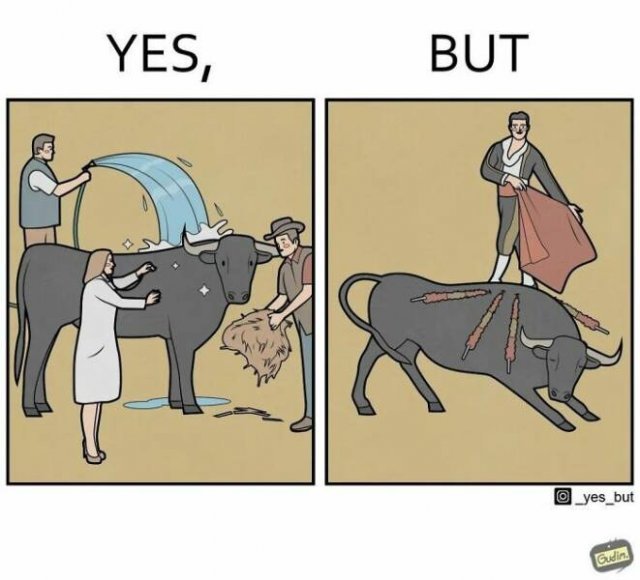
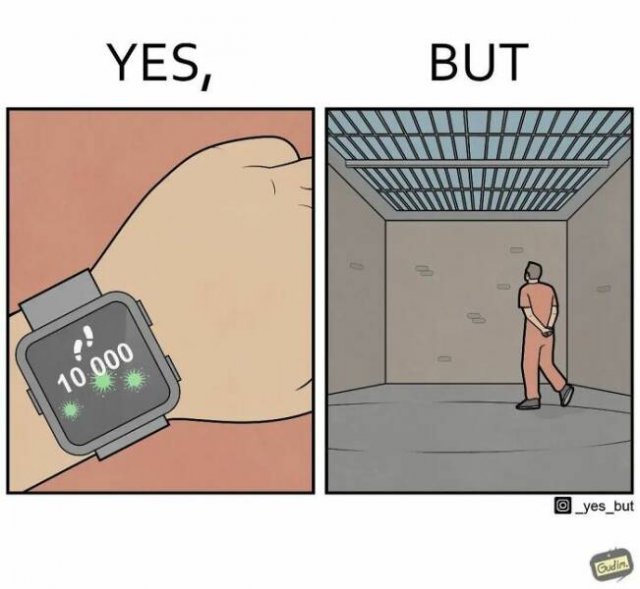
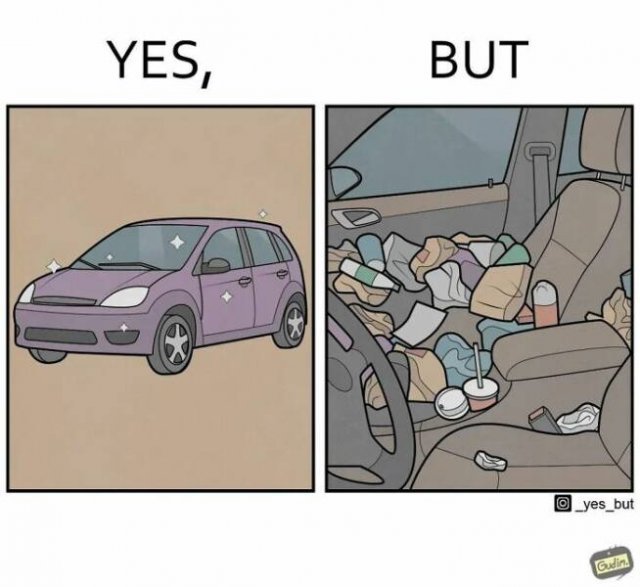
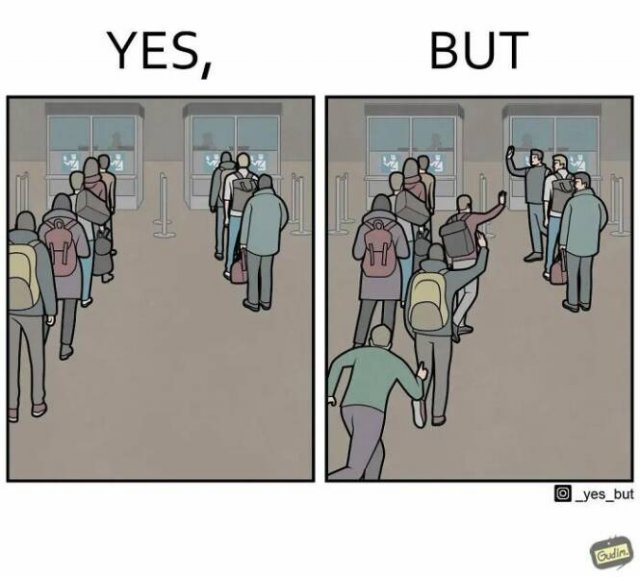
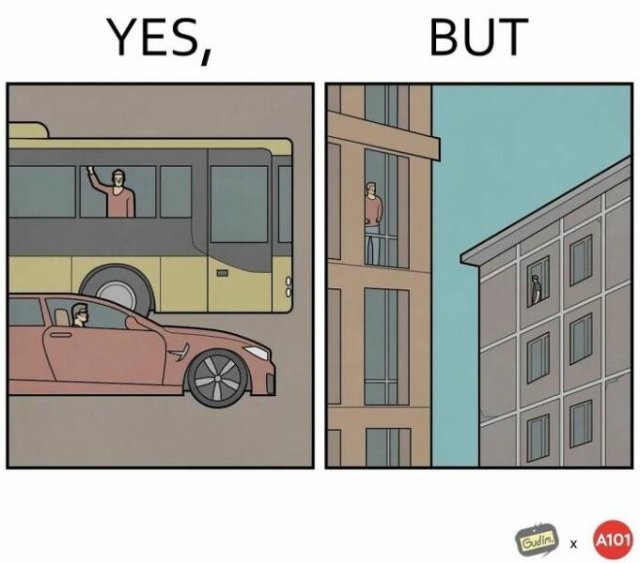
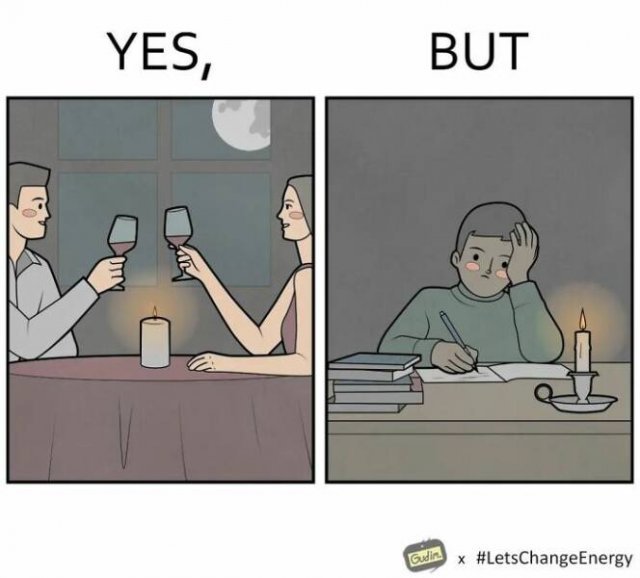
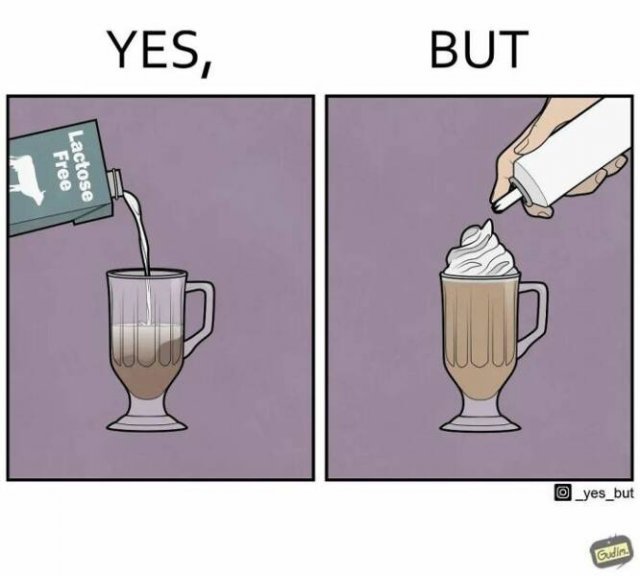


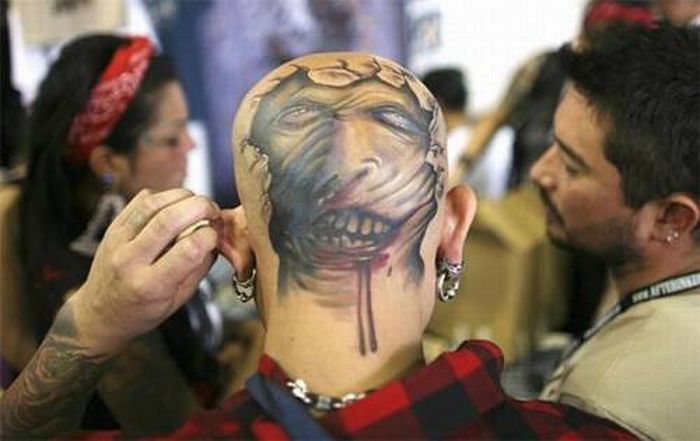



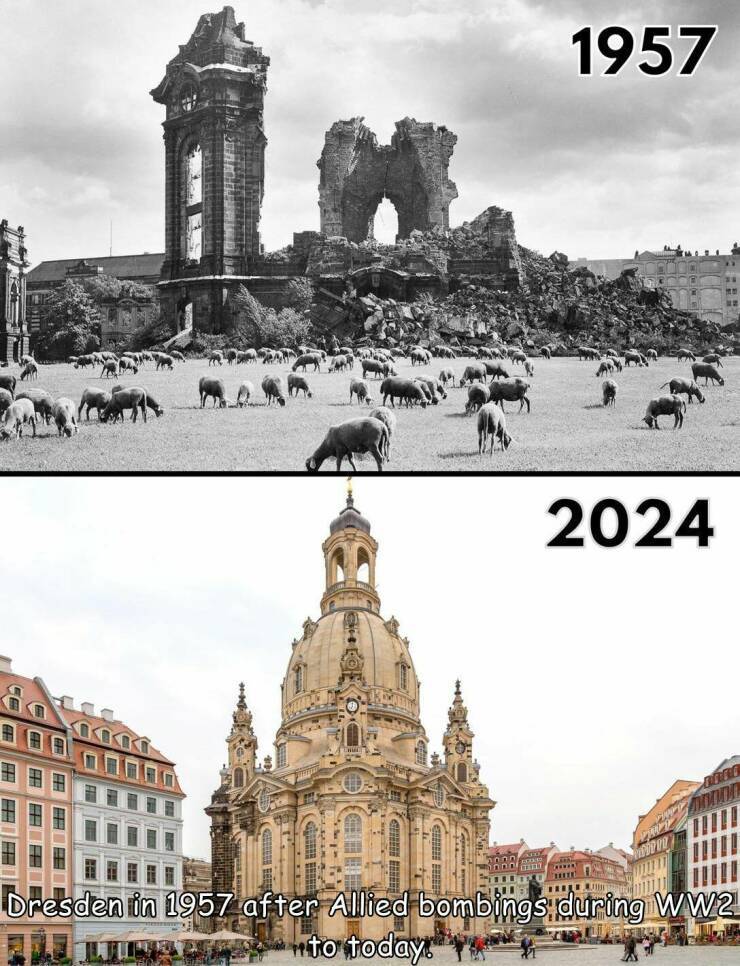

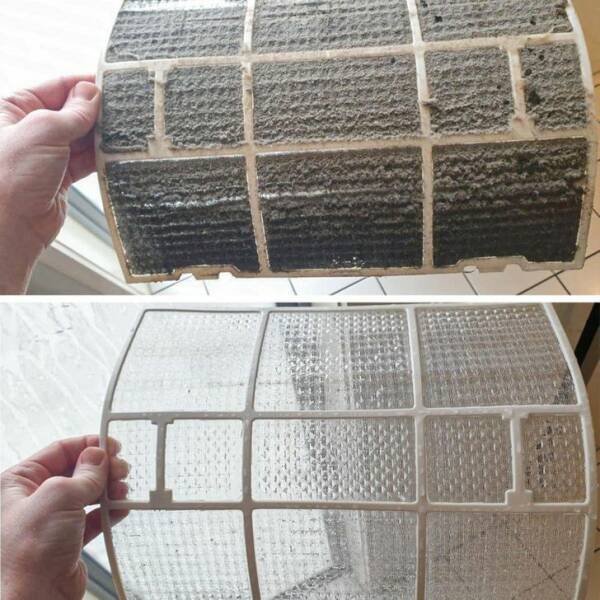
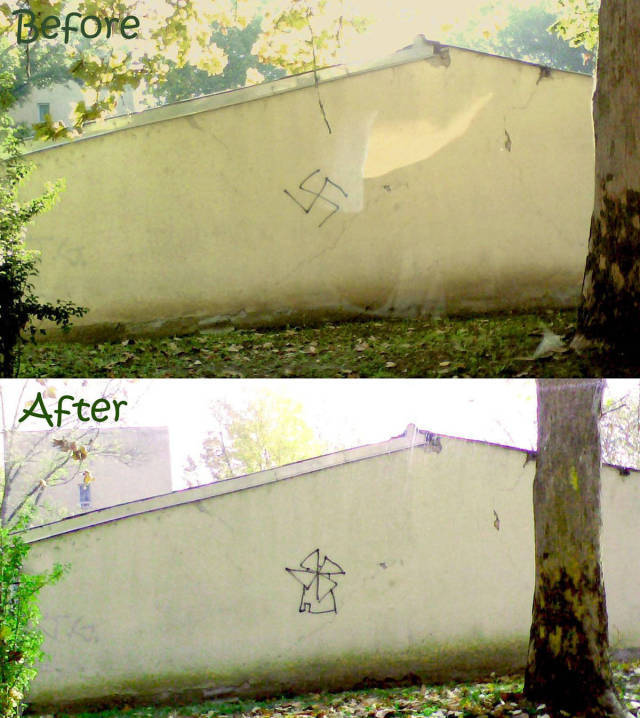

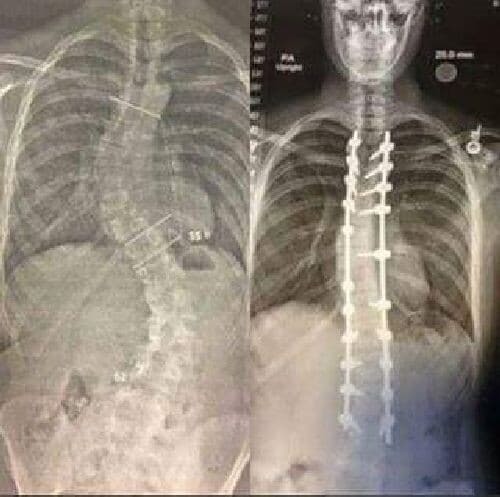







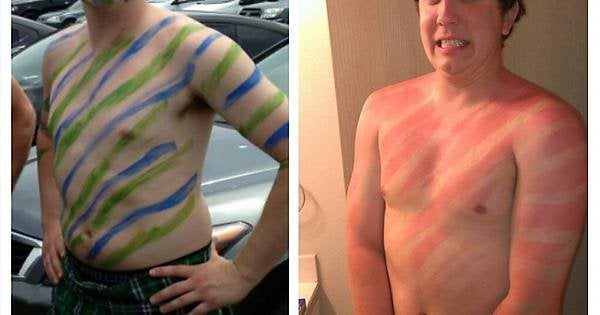
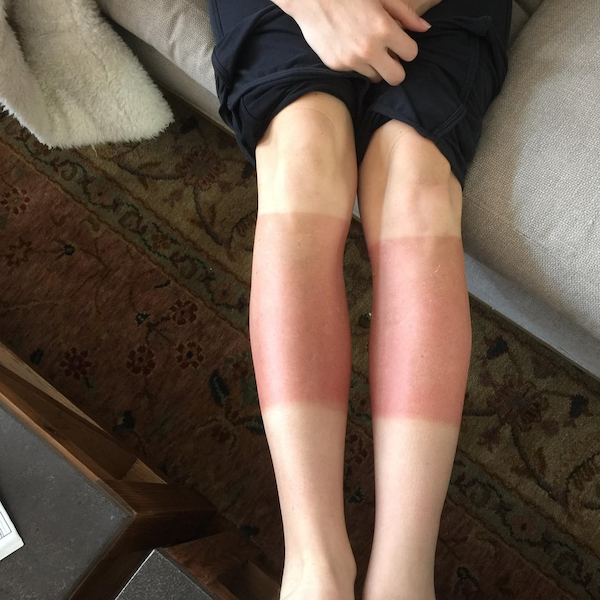
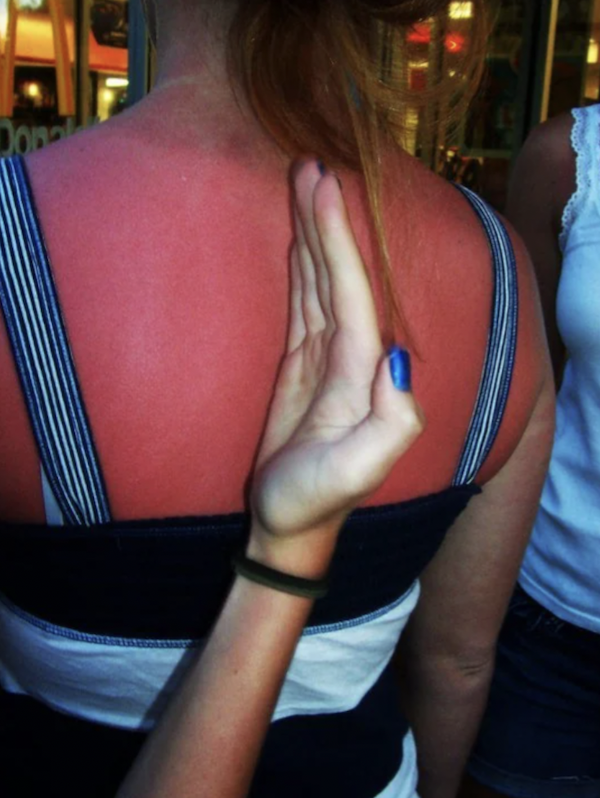


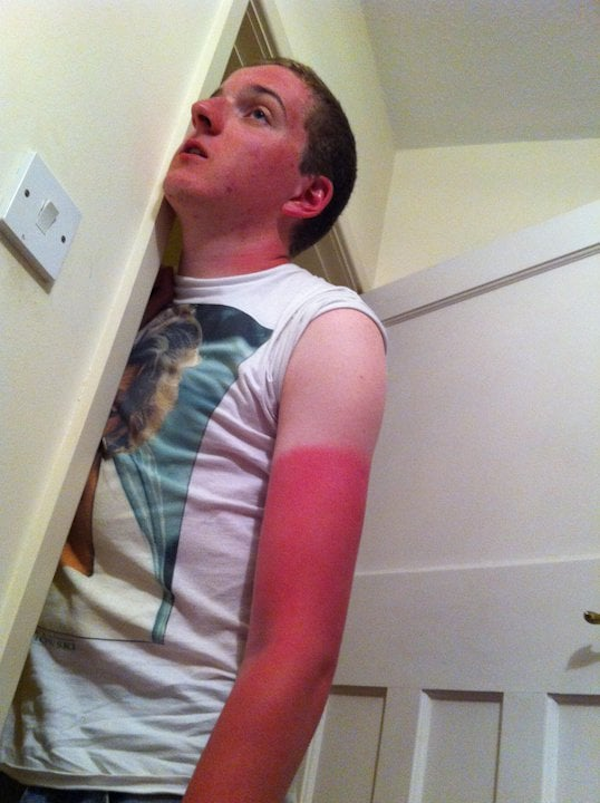









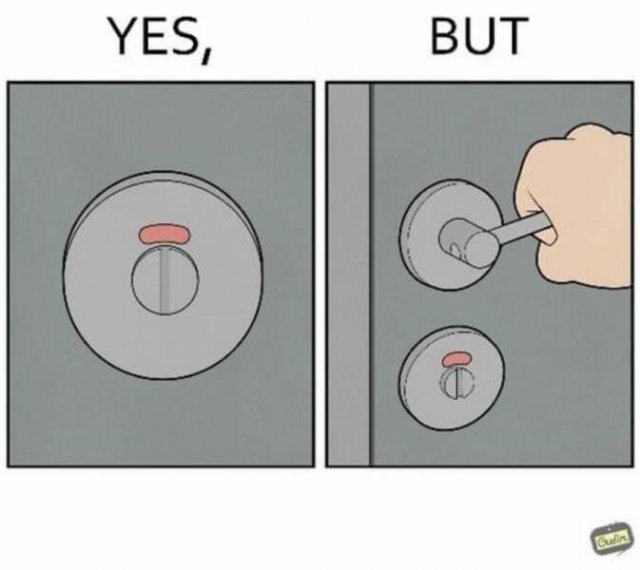

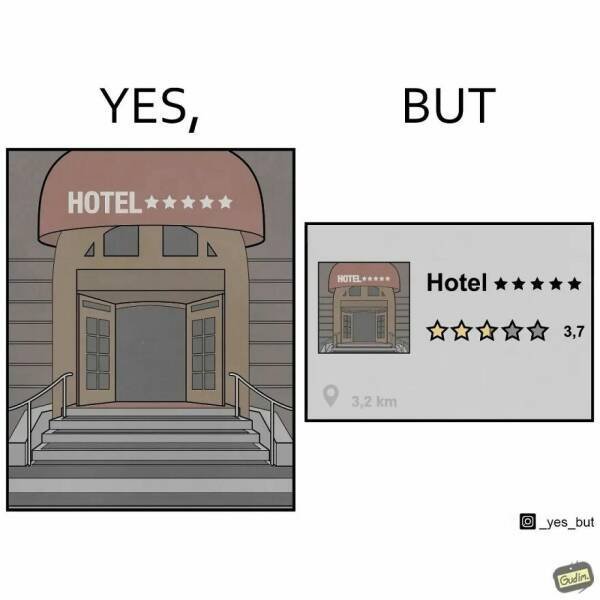
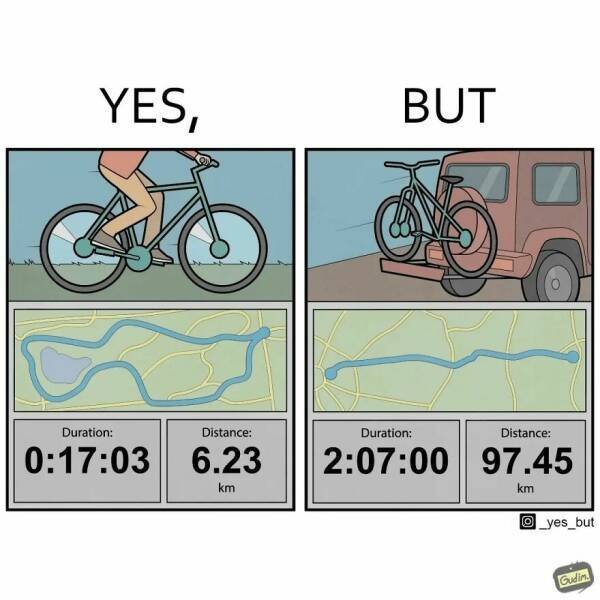
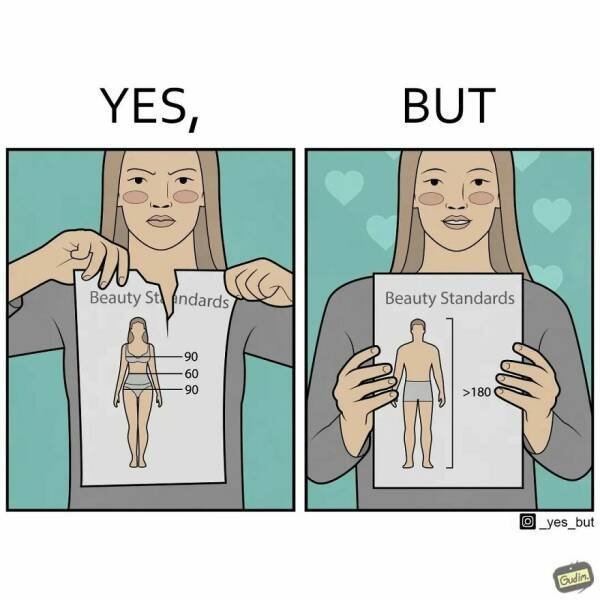
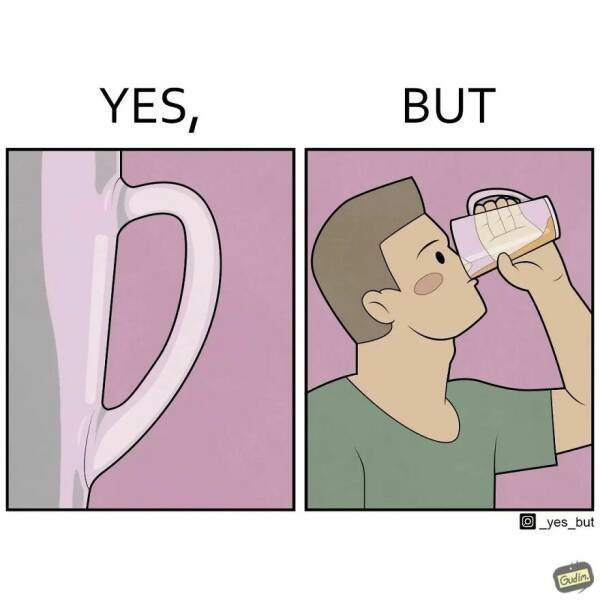
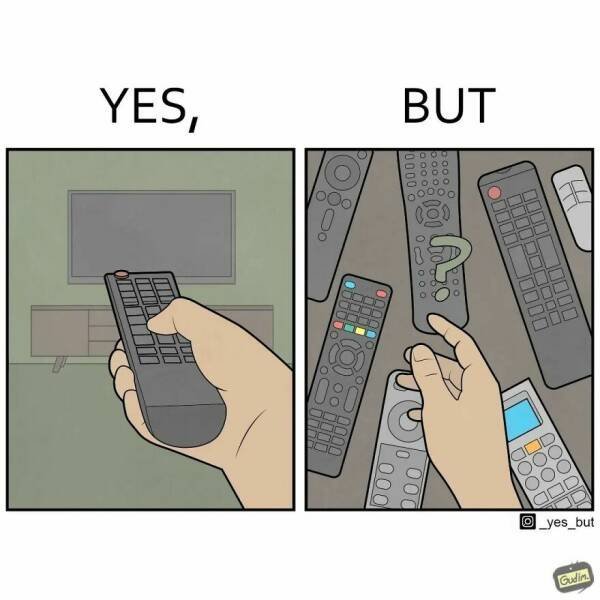
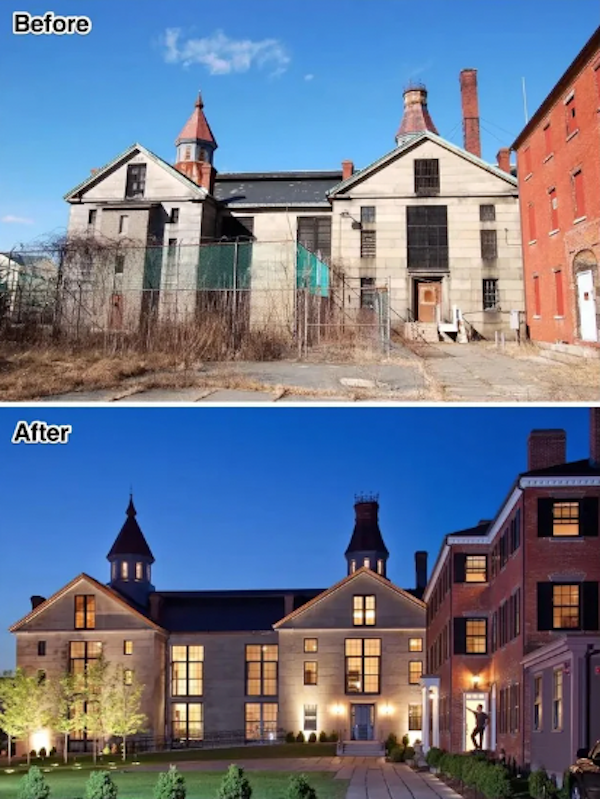

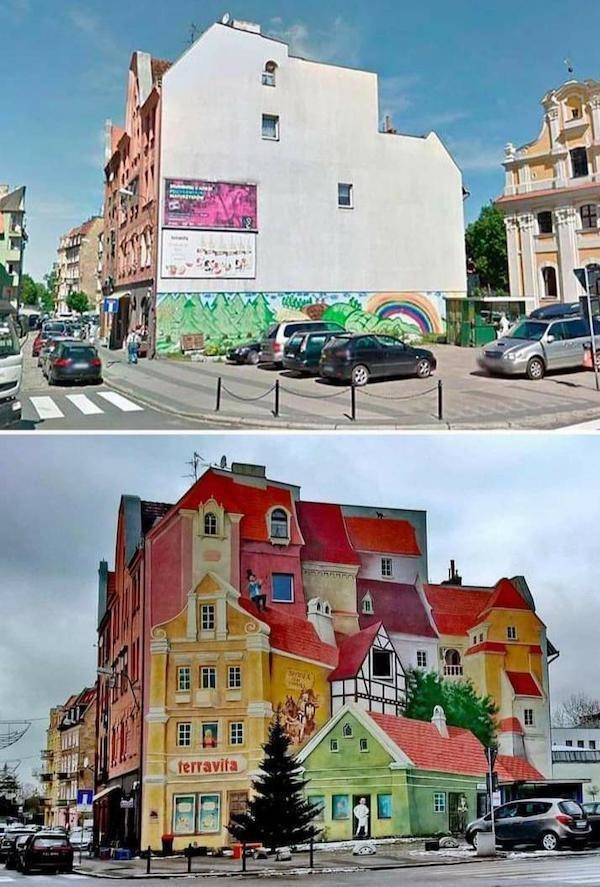













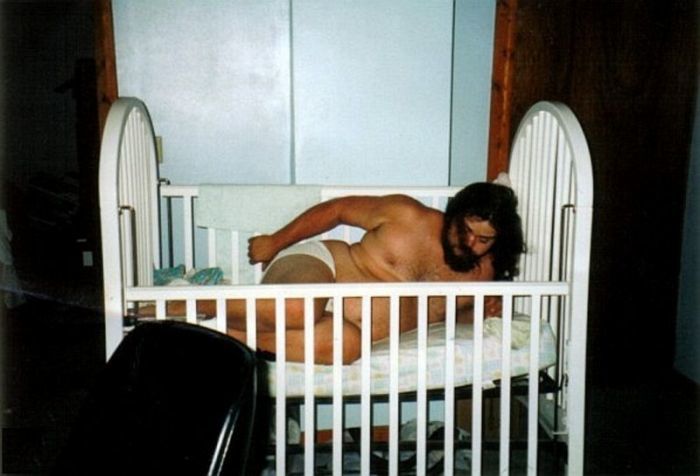

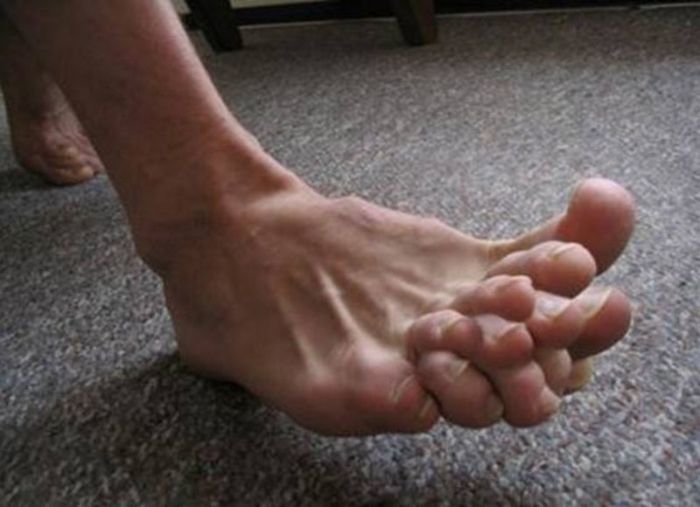

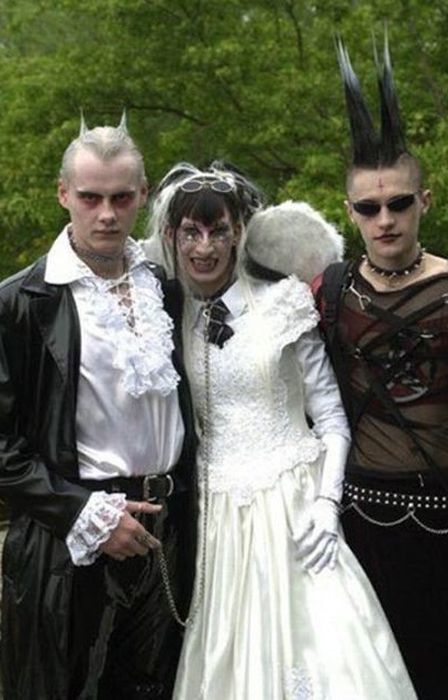








» *POPULAR CONTENTS* Valley of the SUN Official Newsletter
» Disneyland vacation
» WGT POETRY , QUOTES , MOMENTS , & MORE
» Word Genius Word of the day * Spindrift *
» Tales of Miurag #3 in Paperback Patreon Story in December!
» Download WhatsApp
» WORD DAILY Word of the Day: * Saponaceous *
» Word Genius Word of the day * Infracaninophile *
» THE TRUMP DUMP .....
» INTERESTING FACTS * How do astronauts vote from space? *
» WWE Crown Jewel is almost here! Don't miss the action LIVE today only on Peacock!
» NEW GUEST COUNTER
» Merriam - Webster Word of the day * ‘Deadhead’ *
» WWE Universe: Your Crown Jewel Broadcast Schedule has arrived!